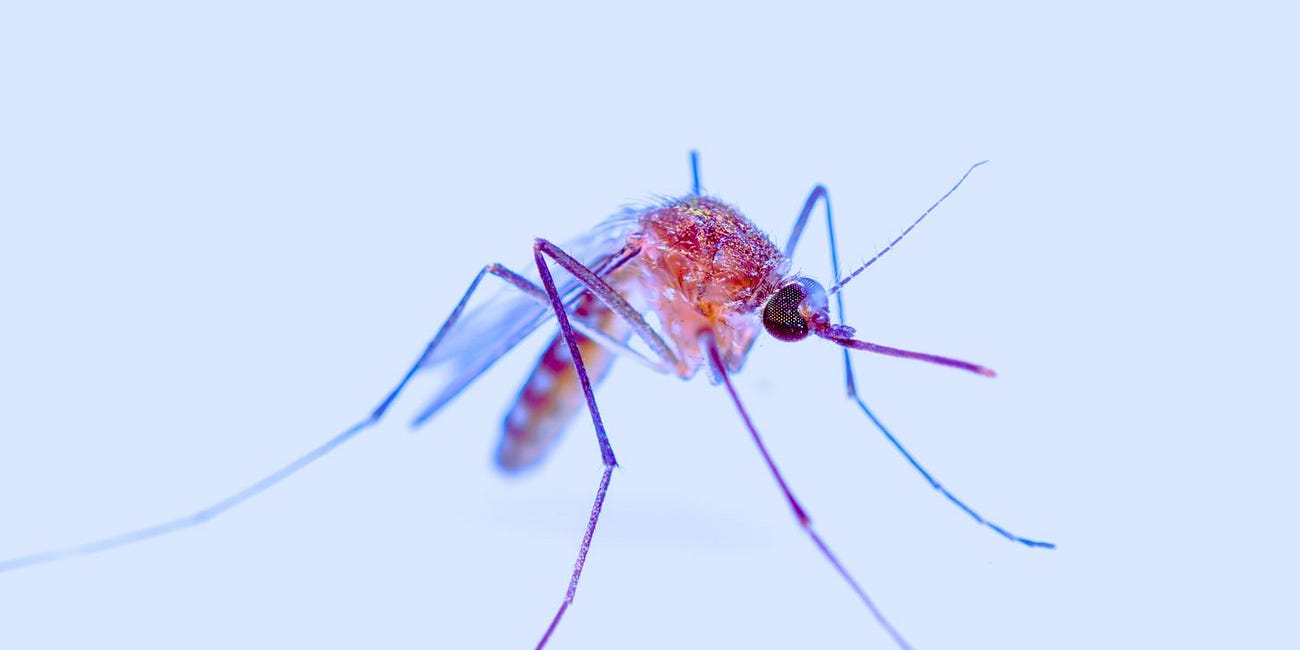Bill Gates Funds Genetically Engineered Tomatoes with Insecticides Inside Them That Attack Reproduction—And Yes, You'd Eat Them
What are "transgenetic" plants?
Bill Gates is funding research to genetically engineer tomatoes to produce insecticides inside their tissues, specifically targeting the reproduction of whiteflies, a destructive agricultural pest. According to a study published last month in BMC Plant Biology, these genetically engineered (GE) tomatoes express proteins designed to infiltrate and disrupt whitefly eggs.
“The molecular tools for achieving both apoplastic and phloem-specific expression of insecticidal proteins are well developed,” the study explains, highlighting the advanced genetic strategies employed.
If commercialized, these “[t]ransgenic plants”—genetically engineered to include genes from other species—could introduce reproductive-disrupting insecticidal compounds into the human food chain.
Follow Jon Fleetwood: Instagram @realjonfleetwood / Twitter @JonMFleetwood / Facebook @realjonfleetwood
How It Works
The study outlines the mechanism of these GE tomatoes:
Chitinase Production: The tomatoes are engineered to produce an enzyme derived from the fern Tectaria macrodonta that degrades chitin, a key component of insect eggshells. This enzyme is intended to kill the developing embryos inside the eggs.
Reproductive Hijacking: Using synthetic vitellogenin domains (SynVg), the proteins mimic natural reproductive pathways in whiteflies, ensuring the insecticides are delivered directly into the eggs.
Enhanced Uptake: Protein transduction domains (PTD) facilitate the transport of these insecticidal compounds from the insect’s gut to its reproductive system.
“Phloem-localized expression of mCherry in companion cells could be monitored… where the overall total expression is minimized by using tissue-specific promoters,” the study notes, emphasizing the effort to direct these proteins to specific parts of the plant.
Why It Matters
While this technology purportedly aims to reduce pesticide use, the risks of embedding reproductive-disrupting insecticides in food crops are significant:
Insecticides in Food: The proteins, intended to kill pests, could also be present in the tomatoes we eat. The study does not clarify whether these compounds are entirely excluded from edible plant tissues.
Consumer Awareness: Without mandatory labeling, people could consume these insecticidal tomatoes without realizing what’s inside them.
Effectiveness in Question: Whitefly eggs naturally produce enzymes to neutralize proteins. The study acknowledges this hurdle:
“Given the significant water uptake by the egg from the host plant, it is not surprising that proteolytic activity has evolved to protect the egg from this route of protein delivery, and choice of the protein to avoid that proteolysis would be a key component for that insecticidal strategy.”
Unstudied Risks to Humans: The long-term effects of consuming reproductive-disrupting proteins are untested. The possibility of unintended impacts on human health or beneficial organisms cannot be dismissed.
The Gates Connection
The study was “supported, in whole or in part, by the Bill & Melinda Gates Foundation [OPP51589],” it reads. The Bill & Melinda Gates Foundation has heavily funded genetic engineering projects like this, promoting them as solutions to global food insecurity. Critics argue these efforts prioritize corporate interests and technological control over consumer safety and environmental sustainability.
What the Study Fails to Address
Human Health: There’s no evaluation of whether consuming these proteins poses risks to humans or how they might interact with human biology.
Ecological Impact: The introduction of reproductive-disrupting proteins into ecosystems could harm non-target species, such as pollinators or organisms dependent on chitin-based structures.
Consumer Transparency: Without clear labeling policies, consumers could unknowingly ingest these genetically modified crops.
The Bigger Picture
Embedding pest control directly into crops represents a seismic shift in agriculture. While proponents argue this reduces chemical pesticide use, the risks of disrupting reproduction in target species, harming non-target organisms, and exposing humans to novel proteins remain significant and largely unaddressed.
Takeaway
Tomatoes engineered with insecticides to disrupt reproduction may sound like a breakthrough, but they raise critical questions about safety, transparency, and the ethics of modifying food crops to attack life at its reproductive core. As these technologies develop, consumers have a right to know: Are these the risks we’re willing to take with our food?
Follow Jon Fleetwood: Instagram @realjonfleetwood / Twitter @JonMFleetwood / Facebook @realjonfleetwood
Bill Gates-Tied Vaccine Delivered Through Bite of Mosquito That Carries Bioengineered Malaria-Causing Parasite That Infects Human Blood Cells: 'New England Journal of Medicine'
In a startling revelation, scientists have successfully created a mosquito that injects humans with a genetically engineered, malaria-casing parasite that travels to the liver where it infects red blood cells.
Bill Gates Isn't the Largest Funder of His Global Vaccine Campaign—American Taxpayers Are
Though many believe globalist Bill Gates funds his international vaccination campaign himself, recent White House announcements reveal the American people are the largest financial backers of his Gavi vaccine agenda, contributing over $11.5 billion through taxpayer-funded government allocations.
California NIH/Bill Gates-Funded BSL-3 Biolab Mutates H5N1 Bird Flu Virus with Gain-of Function Experiments: Journal 'Science'
A new research article published last week in Science reveals that scientists at Scripps Research in California are performing risky gain-of-function experiments on H5N1 avian influenza viruses to make them more dangerous to humans, potentially causing another pandemic.
Multiple States Prepare for Vaccines to Be Added to Food Supply: Doctor Warns About 'Genetically Adulterated' Food with No Long Term Safety Data
Legislators in Tennessee and Arizona appear to be preparing their states for the addition of vaccines to their food supply.









It has to STOP!!! Blocking the sun with weather manipulation, spraying our skies with harmful chemicals, vaccines administered through mosquitos ,
mRNA vaccines in livestock,
When will this nightmare end?!
Bill Gates is a madman.
BG and his clones have to go!😡